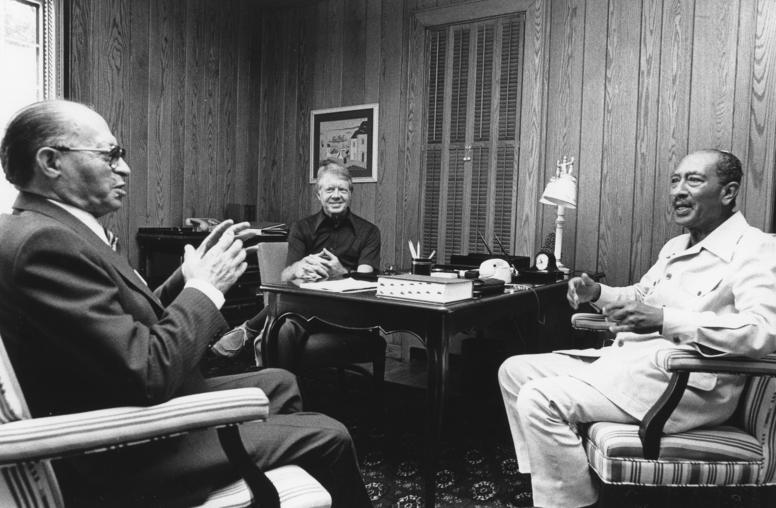Islamists at the Ballot Box: Findings from Egypt, Jordan, Kuwait, and Turkey
On April 12, 2005, the United States Institute of Peace's Grant Program organized a roundtable discussion featuring three Institute grantees who had conducted research in the Middle East on the role and impact of Islamist parties.

Summary
- There is near-consensus among mainstream Islamist leaders in key Arab countries and Turkey on the value of democratic participation—that is, contestation for power via competitive elections. A number of Islamist groups in the Arab world and Turkey have registered as political parties and participated in elections.
- Islamist parties have members who range from those who are very conservative and develop their political positions based on shari'a law to those who are more liberal and promote the practice of ijtihad (the reinterpretation of Islamic law to fit current circumstances).
- Regardless of their orientation, independent political parties in the Arab Middle East are deeply constrained by limits on free expression and by districting and voting procedures imposed by semiauthoritarian governments. This permits political liberalization but prevents the development of fully democratic systems.
- Islamist parties are motivated to participate in elections because they generally have far superior organizational support systems, principally through mosque networks, than do secular parties. Given their widespread popularity and superior organizing power, Islamist parties calculate that they have the most to gain as political systems are liberalized.
- As Islamist parties have entered electoral political systems, they have increasingly interacted with secular parties and groups. A key issue is whether, and under what circumstances, cooperation with secular parties promotes moderation in the politics of Islamist parties.
- The evidence of how involvement in electoral politics affects Islamist political parties is mixed. Scholars continue to debate whether Islamist parties moderate their politics to gain political advantage or whether participation in competitive democratizing systems causes them to embrace new positions on core beliefs and values.
About the Report
On April 12, 2005, the United States Institute of Peace's Grant Program organized a roundtable discussion featuring three Institute grantees who had conducted research in the Middle East on the role and impact of Islamist parties. This report summarizes their presentations. The three grantees—Professor Janine Astrid Clark (University of Guelph, Ontario), Professor Sultan Tepe (University of Illinois, Chicago), and Professor Carrie Rosefsky Wickham (Emory University, Atlanta)—were joined at the roundtable by discussant Daniel Brumberg, a professor at Georgetown University and special consultant to the Institute's Muslim World Initiative. Judy Barsalou, the Institute's vice president for Grants, moderated the discussion and prepared this report.
The views expressed in this report do not necessarily reflect views of the United States Institute of Peace, which does not advocate specific policy positions.



